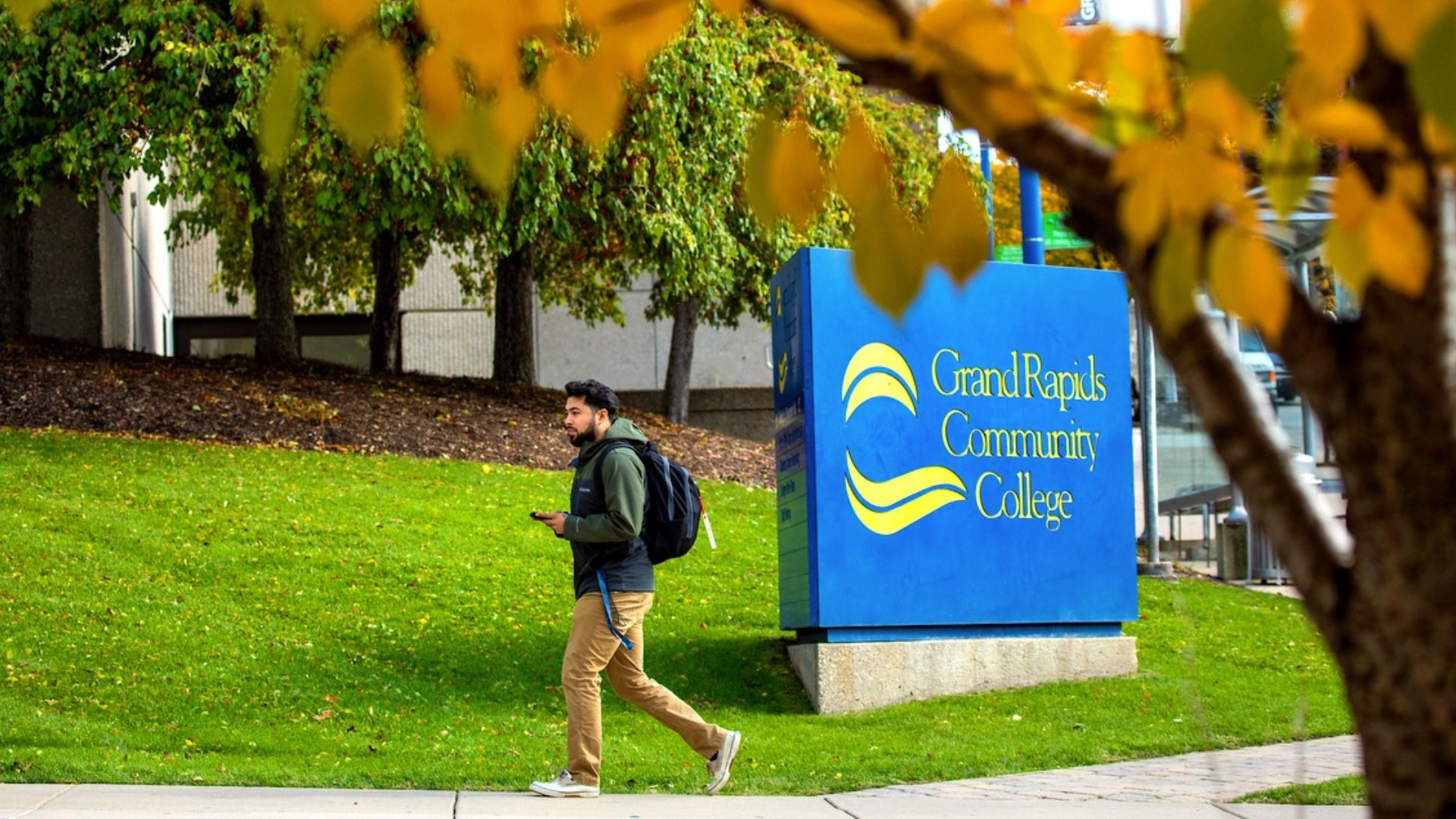GRAND RAPIDS, Mich. (GRBJ) - In an effort to curb the advancing opioid epidemic in the state, four institutions are teaming up to train more physicians to become addiction medicine specialists.
The Substance Abuse and Mental Health Services Administration supported a $1.5-million grant through the Michigan Department of Health and Human Services opioid response fund to train physicians.
Michigan recorded nearly 2,000 opioid-related deaths in 2017, according to MDHHS. In 2016, there were 1,762 opioid-related overdose deaths. Some of the opioids contributing to the problem include prescription painkillers, heroin, fentanyl and other synthetic drugs.
“We are in a current opioid epidemic, and by some measures, Michigan is in the top 10,” said Cara Poland, a Spectrum Health Medical Group physician and certified addiction medicine specialist. “We literally don’t have enough doctors equipped to deal with this epidemic.”
According to Michigan State University, there are currently less than 200 physicians in Michigan who are certified in addiction medicine or addiction psychiatry and only one of those doctors is practicing in the Upper Peninsula.
“That’s not enough to meet demand,” said Kelly Strutz, an epidemiologist and assistant professor in the MSU College of Human Medicine. “The goal is for us to be able to reach the entire state and train more physicians.”
With that goal in mind, professors and doctors from Michigan State University, the University of Michigan, Wayne State University and Grand Rapids-based Spectrum Health will train physicians through the Michigan Collaborative Addiction Resources and Education System (CARES).
CARES was created by Strutz and Poland, who also is an assistant professor at MSU. It will begin in June and extend for two years.
They will be working with Edward Jouney, clinical instructor and program director for the University of Michigan’s Addiction Psychiatry Fellowship Program, and Mark Greenwald, a professor who leads Wayne State’s Substance Abuse Research Division.
Normally, Strutz said, physicians who want to master a sub-specialty in a specific area after they have completed their residency would be able to enroll in a fellowship program.
However, she said addiction medicine is a relatively new sub-specialty and there aren’t enough specialists in the workforce who can lead enough fellowship programs to meet demand.
So, instead of completing a fellowship, the American Board of Medical Specialties created what is called a “practice pathway,” which is designed to help physicians quickly gain the experience and meet the requirements for new specialties.
Poland and Strutz’s newly established CARES program is a practice pathway, which includes elements of teaching, research, online courses, administration activities and clinicals for physicians across the state.
“(Physicians must complete) 1,920 hours,” Strutz said. “A certain percentage of hours must be clinicals, working specifically on addiction medicine. Physicians can work in any specialty clinic, whether it is in an OB-GYN clinic or peace clinic or ER, they can work in any specialties. But they have to do some sort of addiction counseling, medication assistance treatment with some percentage of their patients, and then they can use their general clinical hours seeing other patients who don’t have addiction-related needs. They can use some of their hours to do research, teaching and other administrative things.”
Once physicians complete the necessary hours and the practice requirements for the programs, they can sit for board examination, Strutz said. If they pass, they can become board certified as addiction medicine specialists.
In the U.S., 49,000 deaths were caused by opioid abuse in 2017, prompting the U.S. Centers for Disease Control and Prevention to lower the country’s average life expectancy.
“This epidemic does not discriminate, and Michiganders from all walks of life have been affected in one way or another,” Jouney said. “Michigan is a state of phenomenal resources, and when presented with a challenge, the health care professionals in this state will rise to the occasion.”
You can read more business stories, visit Grand Rapids Business Journal's website.
►Make it easy to keep up to date with more stories like this. Download the 13 ON YOUR SIDE app now.
Have a news tip? Email news@13onyourside.com, visit our Facebook page or Twitter.



